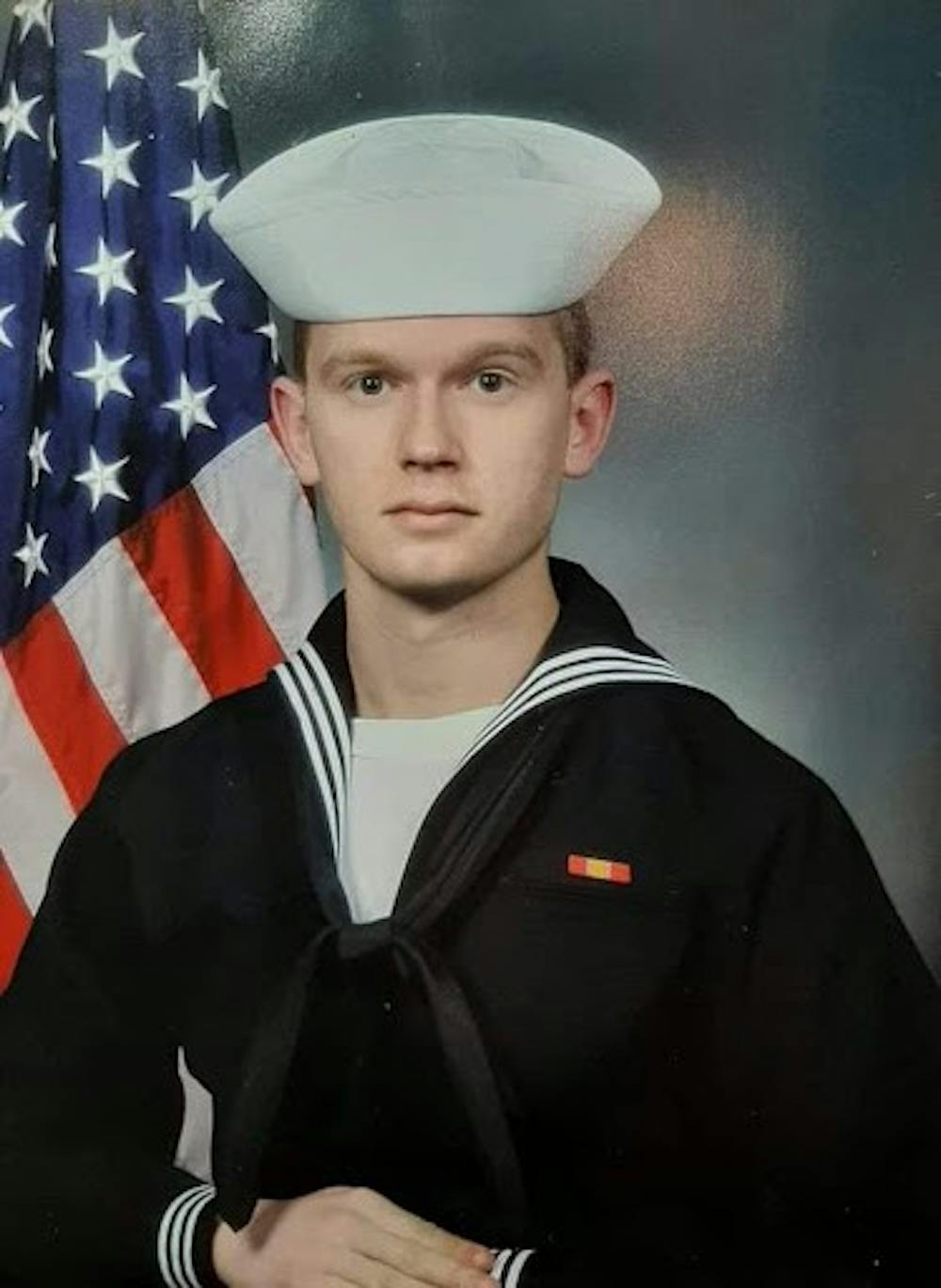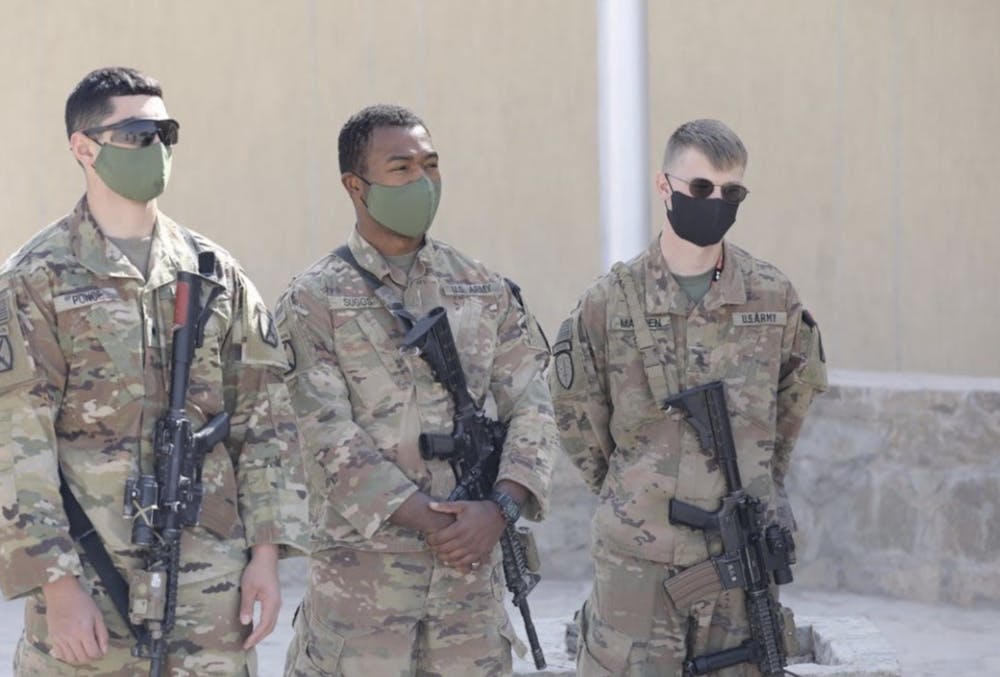Trenton Wesley, a former specialist (E-4) in the United States Army, is currently a member of the Individual Ready Reserve and a freshman criminology major at Ball State. Wesley is one of multiple veterans on campus who said they face more obstacles than the average student in their education.
Wesley said he feels there is a lack of community offered to veterans coming onto campus, making it hard for veterans to properly transition to campus life.
“Our college in general doesn’t have a lot, or any, veteran-run programs or clubs,” Wesley said. “This makes it difficult for some of us coming from the military to find a community.”
Alienation is a known issue for veterans going to a university, which has been covered by multiple national news outlets.
Although there aren’t veteran-run clubs at Ball State, the university does host events for service members. Associate Director of Veterans Affairs Jayson Jarrett said Ball State currently hosts workshops for veterans, but it lacks a defined veterans organization. In the past, the university hosted a veteran-run organization called the Student Veterans Organization (SVO), which went dormant in 2017.
“There’s definitely room for improvement [at Ball State],” said Ivory Siggs, a former specialist (E-4) within the United States Army and current junior elementary education major. “Between the school and [the Muncie] community, there’s a good amount of events for veterans, but no actual organizations on campus. Transitioning from an [Army] unit, there’s always someone, a sponsor, to help you transition. With school though, you don’t really get that extra help, which can make it hard for some veterans to fully adjust or meet people.”
Siggs also said it is difficult to re-acclimate to civilian and campus culture after military service.
“Coming from the military to school, you're expected to recall skills and knowledge you haven’t used or needed for years,” he said. “For me, there was a gap between me and the classroom, and the difficulty was crossing that gap.”
Siggs also said campus life and classes move slower than his expectations in the military.
“The military is very fast-paced and strict, [but] on campus, you have to take things slow,” Siggs said. “Every day in the military, you know what your day is going to look like, [but] on campus, it can be a lot less structured [and] laid-back. It’s kind of nice, but it is difficult to adjust to.”
For most students on campus, coming to Ball State is the next step in pursuing their future careers, but the path isn’t always as smooth for veterans.

Lazarus Smiley poses in his Navy enlisted services dress blue uniform during his time in the service. Smiley is currently a senior nursing major at Ball State and said he felt leaving the military for a job he's more passionate about felt like a big risk. Lazarus Smiley, Photo Provided
Lazarus Smiley, a former petty officer (E-5) in the United State Navy and current senior nursing major who spent time working in the Defense Intelligence Agency, said veterans face a dilemma when taking the risk of leaving the military to go to college.
“You have a clear vision of what your life and your career will look like in the military [and] I didn’t like what I saw,” Smiley said. “So, I had to take a risk. Am I going to leave the military and go after what I’m passionate about, or take the safe route and accept a cushy job that I won’t find fulfillment in?”
Smiley said the military is difficult to re-enter if people change their minds after leaving for a different career.
“Choosing to pursue college over a military career is a big risk because with the military, the Navy in my case, it’s not the easiest to get back into,” he said. “So, if college doesn’t work out, you don’t have much to fall back on.”
Smiley will be graduating in spring 2022 and said he looks forward to entering the workforce.
“I know I made the right decision, I’m getting a lot more fulfillment out of my career now than I did in the military,” Smiley said. “But, I feel that I also got lucky, a lot of things went right for me.”
For veterans facing a similar dilemma, Smiley recommended they “make sure the university they choose is considered veteran-friendly, take full advantage of resources available to [them and] find out what programs or services the school has to offer veterans.”
Contact Richard Kann at richard.kann@bsu.edu.





